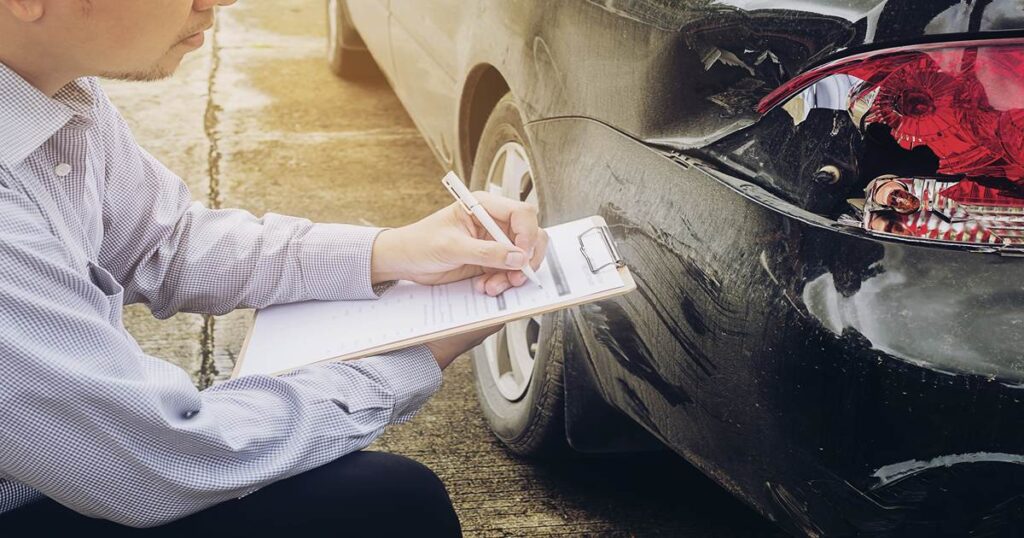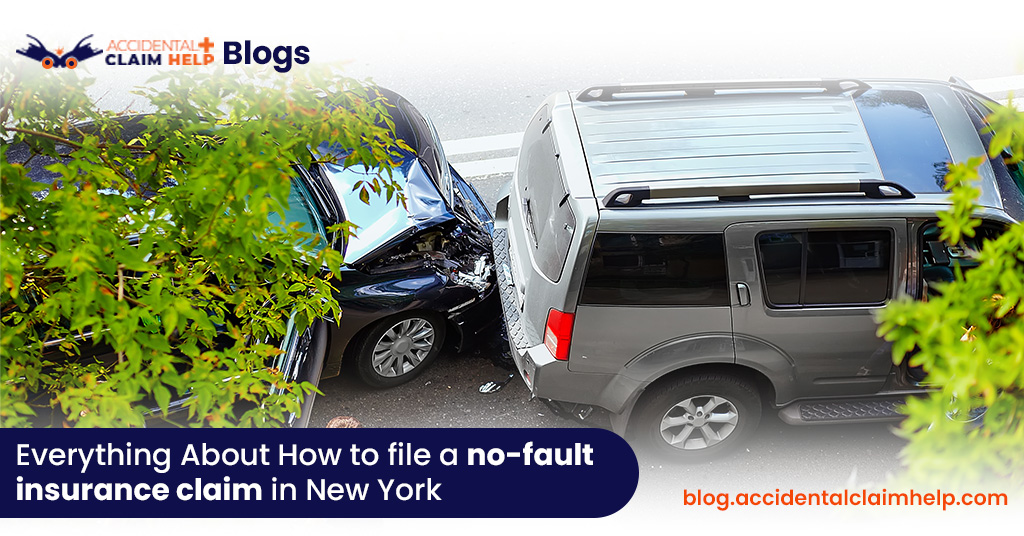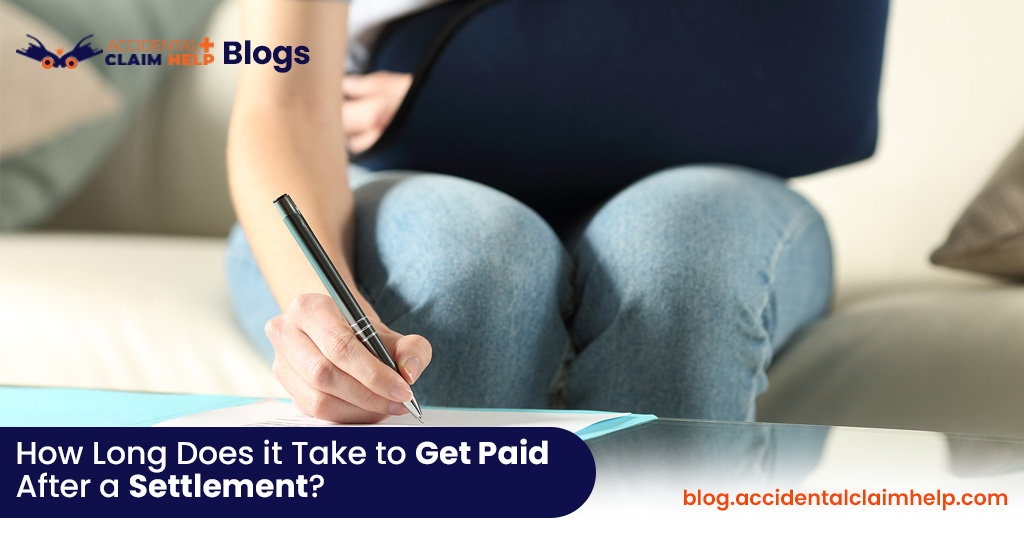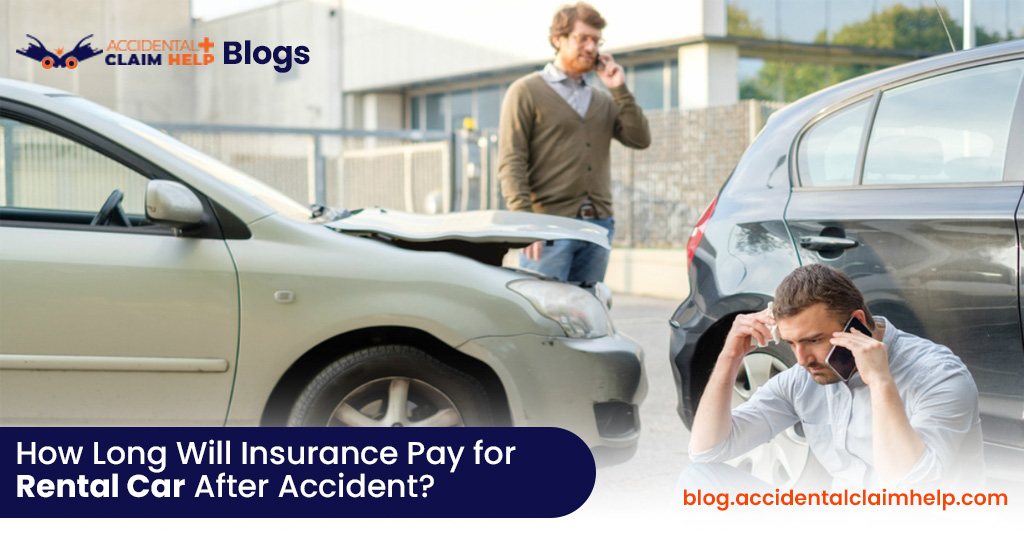Do Insurance Companies Go After Uninsured Drivers?
When you get into an accident with an uninsured motorist, it’s natural to question whether your insurance company would pursue them for the damages. In most cases, insurance companies have the legal authority and resources to seek compensation from uninsured drivers. However, whether they do so is determined by several criteria, including state legislation, the expense involved, and the possibility of recovery.
Let’s look deeper at the scenarios in which insurance companies may pursue an uninsured motorist and what this implies for you.
What Happens When An Uninsured Driver Hits You?
If an uninsured motorist causes an accident with you, they are often held financially responsible for the damage. However, since they do not have insurance, they may be unable to pay for repairs, medical bills, or other obligations. Your personal insurance policy may pay your losses under certain clauses, such as uninsured motorist or collision coverage, provided you have chosen them.
- Uninsured Motorist (UM) Coverage: If the at-fault motorist does not have insurance, this section of your policy may cover medical bills and, in certain cases, property damage.
- Collision Coverage: Covers car repairs following an accident, regardless of responsibility.
You may also read: What Happens If Someone Else Is Driving My Car and Gets in an Accident?
How Insurance Companies Pursue Uninsured Drivers

When your insurance pays you for losses caused by an uninsured motorist, they may be able to pursue compensation from the driver via a procedure known as subrogation. Subrogation occurs when the insurance company seeks to recoup the funds paid to you by pursuing the at-fault motorist.
Factors Influencing Whether Insurers Go After Uninsured Drivers:
Insurance companies consider several variables before pursuing uninsured drivers:
- Cost of Recovery vs. Payout: If the recovery expenses are low compared to the damages paid, they may decide to prosecute the motorist. However, if the cost of recovery outweighs the benefits, they may decide it is not worthwhile.
- Driver’s Financial Stability: If the uninsured motorist has minimal assets or income, it may not be worth the insurer’s effort to pursue them since the chances of payment are slim.
- State laws: Some states require tighter subrogation measures and encourage insurers to pursue uninsured drivers. In contrast, some jurisdictions allow more to the insurer’s discretion.
What if My Insurance Company Doesn’t Go After the Uninsured Driver?
If your insurance declines to pursue the uninsured motorist, you still have alternatives for recovering your losses:
- Small Claims Court: You may file a claim in small claims court to seek reimbursement for out-of-pocket expenditures, such as your deductible. This may be handy when the quantity is tiny.
- Personal Lawsuit: If the uninsured motorist caused considerable damage, you may file a lawsuit against them. However, remember that collecting on the judgment may be difficult if the driver lacks assets or a consistent income.
What You Can Do to Protect Yourself from Uninsured Drivers
Protecting yourself against uninsured drivers begins with adding Uninsured Motorist (UM) and Underinsured Motorist (UIM) coverage to your policy. This coverage may assist if the other driver cannot pay your expenditures. It’s reasonably priced and may provide peace of mind by covering.
- Medical expenses for you and your passengers.
- Repairs to your car (if property damage is covered by UM policy).
- Lost salary and other expenditures.
Final Words:
Insurance companies have the legal authority to pursue uninsured drivers, but their choice is based on the cost, possibility of recovery, and applicable state legislation. You may better protect yourself financially and limit the effects of incidents involving uninsured drivers by learning how your insurance company may react in such situations and choosing an uninsured motorist policy.







